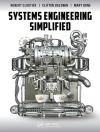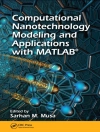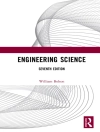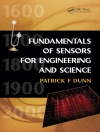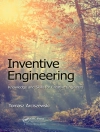While our five senses are doing a reasonably good job at representing the world around us on a macro-scale, we have no existing intuitive representation of the nanoworld, ruled by laws entirely foreign to our experience. This is where molecules mingle to create proteins; where you wouldn’t recognize water as a liquid; and where minute morphological changes would reveal how much ‘solid’ things, such as the ground or houses, are constantly vibrating and moving. Following in the footsteps of Nano-Society and Nanotechnology: The Future is Tiny, this title introduces a new collection of stories demonstrating recent research in the field of nanotechnology. This drives home the fact that a plethora of nanotechnology R&D will become an integral part of improved and entirely novel materials, products, and applications yet will remain entirely invisible to the user. The book gives a personal perspective on how nanotechnologies are created and developed, and will appeal to anyone who has an interest in the research and future of nanotechnology.
Reviews of Nanotechnology: The Future is Tiny:
‘The book is recommended not only to all interested scientists, but also to students who are looking for a quick and clear introduction to various research areas of nanotechnology’ Angew. Chem., 2017, 56(26), 7351–7351
‘Once you start reading you will find it very difficult to stop’ Chromatographia, 2017, 80, 1821
Cuprins
The World of Graphene; The Growing Landscape of Two-dimensional Materials; Not Found in Nature: Metamaterials and Metasurfaces; Plasmonics; Nanobiotechnology; Nanomedicine; Characterization; Fabrication Moves to the Printer; (Mostly Wearable) Electronics; Sensors and Diagnostics; Energy Harvesting and Storage; For Nanoengineers, Anything Goes
Despre autor
Michael Berger is the Founder of Nanowerk LLC and since 2005, editor of the company’s popular nanotechnology website nanowerk.com. Michael received master degrees from New York University and Ludwig-Maximilians-Universität München. He has lived and worked in Munich, New York, London, Hong Kong, Honolulu and Berlin. He is an Advisory Board member at Inter Nano, a project of the National Nanomanufacturing Network. Michael is author of three books by the Royal Society of Chemistry: Nano-Society: Pushing the Boundaries of Technology, Nanotechnology: The Future is Tiny, and Nanoengineering: The Skills and Tools Making Technology Invisible.


